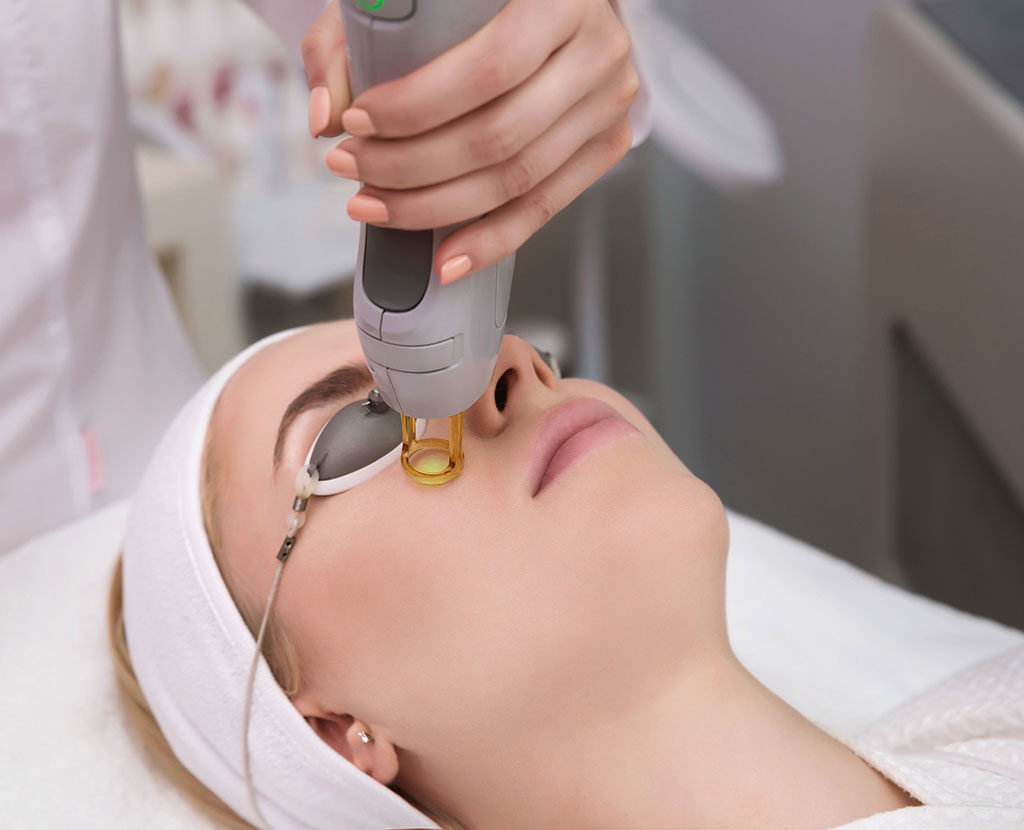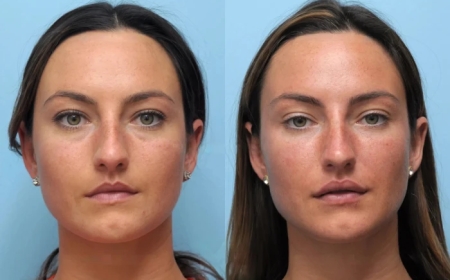Do You Need Special Products to Maintain a Tan?
You finally achieved that golden glow — whether it’s from a self-tanner, spray tan, or natural sun exposure — and now the biggest concern is: how do you make it last? One of the most common beauty questions is how to maintain tan treatments? More importantly, do you really need special products to make your tan stick around longer? Or can your regular skincare routine do the trick?
This article breaks down everything you need to know about post-tanning maintenance — from the types of products that help to the simple habits that make all the difference. Let’s explore how to keep that bronzed glow fresh, flawless, and long-lasting.

Understanding How Tan Treatments Work
Before diving into products, it's essential to understand how tan treatments actually work. There are three common types:
-
Spray Tans: Use DHA (dihydroxyacetone) to stain the top layer of your skin.
-
Self-Tanners: Creams or mousses that mimic the effect of spray tans, also DHA-based.
-
Natural Tans: Result from UV exposure (sun or tanning beds), increasing melanin production in your skin.
Each type of tan fades over time as your skin naturally exfoliates. That’s why understanding how to maintain tan treatments begins with proper skin care.
Why Tans Fade (And What You Can Do About It)
Skin cells naturally renew every 28 days, meaning the top layer where your tan lives eventually sheds. This process is accelerated by:
-
Dryness and dehydration
-
Harsh soaps and hot showers
-
Frequent shaving or exfoliating
-
Chlorine, saltwater, or sweat
To slow fading and keep your tan vibrant, the goal is to hydrate, protect, and gently maintain the skin barrier. This is where special products may come into play.
Do You Really Need Special Products?
The answer? Not always — but they can help.
If you're wondering how to maintain tan treatments without your glow disappearing in 3 days, specific after-tan products can prolong the life and quality of your tan. While not essential, they’re formulated to address unique tanning concerns such as streaking, patchiness, and premature fading.
Here’s a closer look at what helps:
1. Moisturizers with Tan Extenders
Specialized after-tan moisturizers often contain a small amount of DHA. These gradual tanners reapply color slowly while hydrating your skin. Regular use prevents cracking and keeps the color consistent.
Why it matters: Hydrated skin holds color longer. Tan-extending lotions help maintain the appearance of a spray or self-tan for up to a week longer.
2. Sulfate-Free Body Washes
Conventional soaps and shower gels with sulfates can strip your skin — and your tan. A gentle, hydrating cleanser is ideal for daily use, especially after a tanning session.
3. Aloe Vera or Hyaluronic Acid Products
After tanning, skin may feel drier than usual. Products containing aloe vera or hyaluronic acid deeply hydrate without interfering with your color.
Why they help: These ingredients support moisture retention, reducing the appearance of patchiness and flaking — both enemies of an even tan.
4. Fake Tan Touch-Up Mists
These lightweight sprays are perfect for reviving areas that fade faster — like your face, hands, or feet. They’re especially helpful if you're using a spray tan and want a natural fade-out.
5. Exfoliators (Used Before Tanning, Not After)
While exfoliation is crucial before a tan, it should be avoided right after. A gentle exfoliant once your tan starts fading (around day 5–7) can help it wear off evenly.
Post-Tan Habits That Make or Break Your Glow
Beyond products, your daily habits also influence how long your tan lasts. If you're serious about learning how to maintain tan treatments, consider these golden rules:
-
Moisturize Twice Daily: Keeps your skin plump and slows down exfoliation.
-
Pat Dry, Don’t Rub: Towels can pull pigment from the skin.
-
Limit Swimming: Chlorine and saltwater are both harsh on tanned skin.
-
Avoid Long Hot Showers: Heat dehydrates the skin, leading to quicker fading.
-
Wear Loose Clothing: Tight clothes can cause friction and streaks.
Natural Alternatives to Special Products
If you’re on a budget or prefer a minimalist routine, you can still maintain your tan using non-specialty items:
-
Coconut oil: A natural hydrator, but avoid using it immediately after tanning as it may interfere with color setting.
-
Fragrance-free moisturizers: Brands like CeraVe or Cetaphil are gentle and effective.
-
DIY tan mists: Mix water, aloe juice, and a few drops of self-tanner to freshen up fading areas.
When to Reapply or Refresh Your Tan
Even with the best products, tans are temporary. Most last:
-
Spray Tan: 7–10 days
-
Self-Tanner: 5–7 days
-
Sun Tan: 2–4 weeks (depending on skin type and sun exposure)
If your tan begins to fade unevenly, it’s time to lightly exfoliate and reapply or refresh with a gradual tanner.
Frequently Asked Questions
Q: Can I use regular lotion after a tan?
A: Yes, but choose one without alcohol, fragrance, or exfoliating acids like glycolic or salicylic.
Q: Is baby oil good for maintaining a tan?
A: No — baby oil can break down spray/self-tans and clog pores.
Q: How long should I wait before showering after a spray tan?
A: Wait at least 6–8 hours (or as recommended by your technician) for full color development.
Final Thoughts: Keep the Glow Going
So, do you need special products to maintain a tan? Not necessarily — but they sure make a difference if you want to get the most out of your golden glow. The secret lies in hydration, gentle care, and consistency. Whether you choose specialized tan extenders or stick to basic skincare, the real trick to learning how to maintain tan treatments is respecting your skin’s natural rhythm.
Glowing skin isn’t just about color — it’s about health, moisture, and mindful maintenance. Choose the method that works best for your routine and skin type, and you’ll keep heads turning long after your tan session ends.













































































